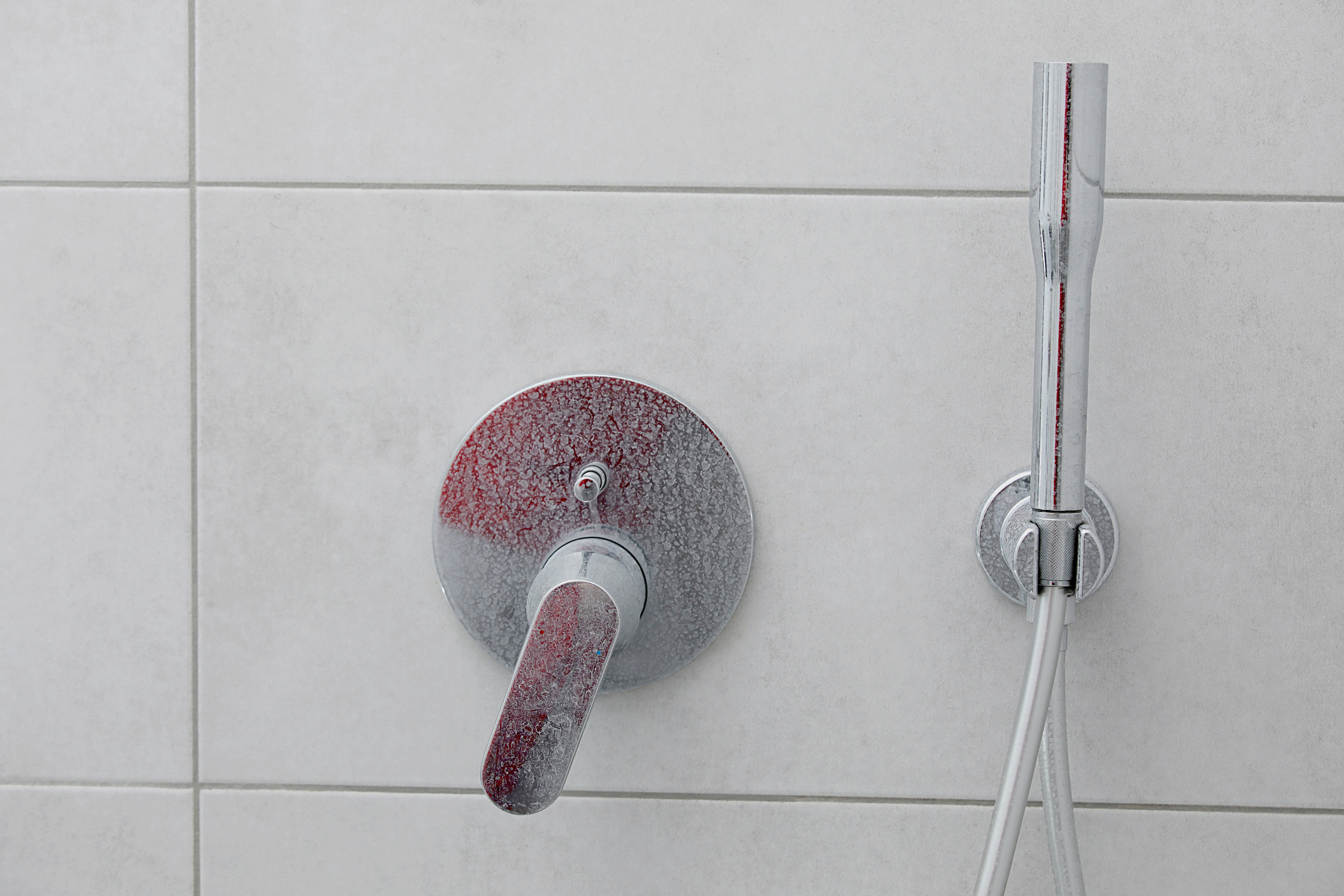
Water hardness is one of those home maintenance issues that can remain unnoticed—until it starts causing problems. Understanding what water hardness means and how it can impact your home and health is the first step toward protecting your household appliances and improving your living conditions. Let’s dive into the basics of water hardness, its effects, and what you can do about it.
Understanding Water Hardness: What It Means for You and Your Home
What is Water Hardness?
Water hardness refers to the concentration of certain minerals in the water, primarily calcium and magnesium. When water percolates through limestone, chalk, or gypsum, it picks up these minerals along the way. The higher the concentration of calcium and magnesium, the harder the water. Water hardness is measured in grains per gallon (gpg) or milligrams per liter (mg/L). Water with more than 7 grains per gallon is generally considered hard.
Effects of Hard Water on Home Appliances
Hard water can wreak havoc on home appliances and plumbing systems over time. Here are some common problems caused by hard water:
Scaling in Pipes and Faucets: Minerals from hard water can build up in your home’s pipes and faucets, reducing water flow and increasing pressure, which can lead to leaks and bursts.
Damage to Water Heaters: Hard water can accumulate limescale inside water heaters. This shortens the appliance’s lifespan and reduces its efficiency, increasing energy costs.
Appliance Wear and Tear: Hard water can damage dishwashers, washing machines, and other appliances that use water. The mineral build-up can clog hoses and pumps and reduce the effectiveness of soaps and detergents.
Impact on Daily Living
Aside from the physical damage to your home, hard water can also affect daily living in several ways:
Skin and Hair Health: Bathing in hard water can leave skin feeling dry and itchy due to the soap scum that hard water creates. It can also make your hair feel dull and harder to manage.
Laundry Issues: Clothes washed in hard water often come out stiffer and duller because soap also does not lather. Hard water can also cause white fabrics to gray and colors to fade.
General Cleaning: Hard water makes cleaning more challenging as it leaves streaks on glass, silverware, and mirrors, and soap scum on bathtubs and sinks.
Solutions to Hard Water
Fortunately, hard water is a manageable condition. Here are some solutions to consider:
Water Softeners: Installing a water softener in your home is one of the most effective ways to combat hard water. These systems use salt to remove minerals from the water through a process called ion exchange.
Magnetic and Electronic Descalers: These devices claim to alter the electromagnetic properties of the calcium and magnesium minerals so they won’t adhere to surfaces. While they do not remove the minerals, they can help reduce scaling.
Phosphate Treatments: Adding small amounts of phosphates can help prevent minerals from precipitating out, thus minimizing scaling. This method can be particularly useful in small-scale applications like single appliances.
Making the Right Choice
Deciding on the best solution for hard water depends on several factors, including the hardness level, your budget, and your household size.
A comprehensive water test can help determine the hardness level and guide you in choosing the most appropriate treatment system.
While hard water is not a health hazard, it poses various nuisances and potential costs regarding home maintenance and appliance longevity.
Understanding the signs of hard water and considering the appropriate treatment options can protect your appliances, improve your water quality, and make your home more comfortable. Consider consulting with a water treatment professional who can provide personalized advice and solutions tailored to your home’s specific needs.
Remember, the right water treatment system can be a worthy investment in preserving the longevity and functionality of your home.
Let us help you find peace of mind with water that’s not only refreshing but, most importantly, safe.
Related Posts

Holiday Hosting Tips with Family Water
Hosting guests this holiday season? Make it easier with clean water, smart prep, and a few Family Water-approved tips to make your home feel like home.

How Water Quality Affects the Flavor of Food and Beverages (Especially During the Holidays)
Water quality affects the flavor of food. Discover how clean water from Family Water Treatment can elevate your holiday hosting game.
